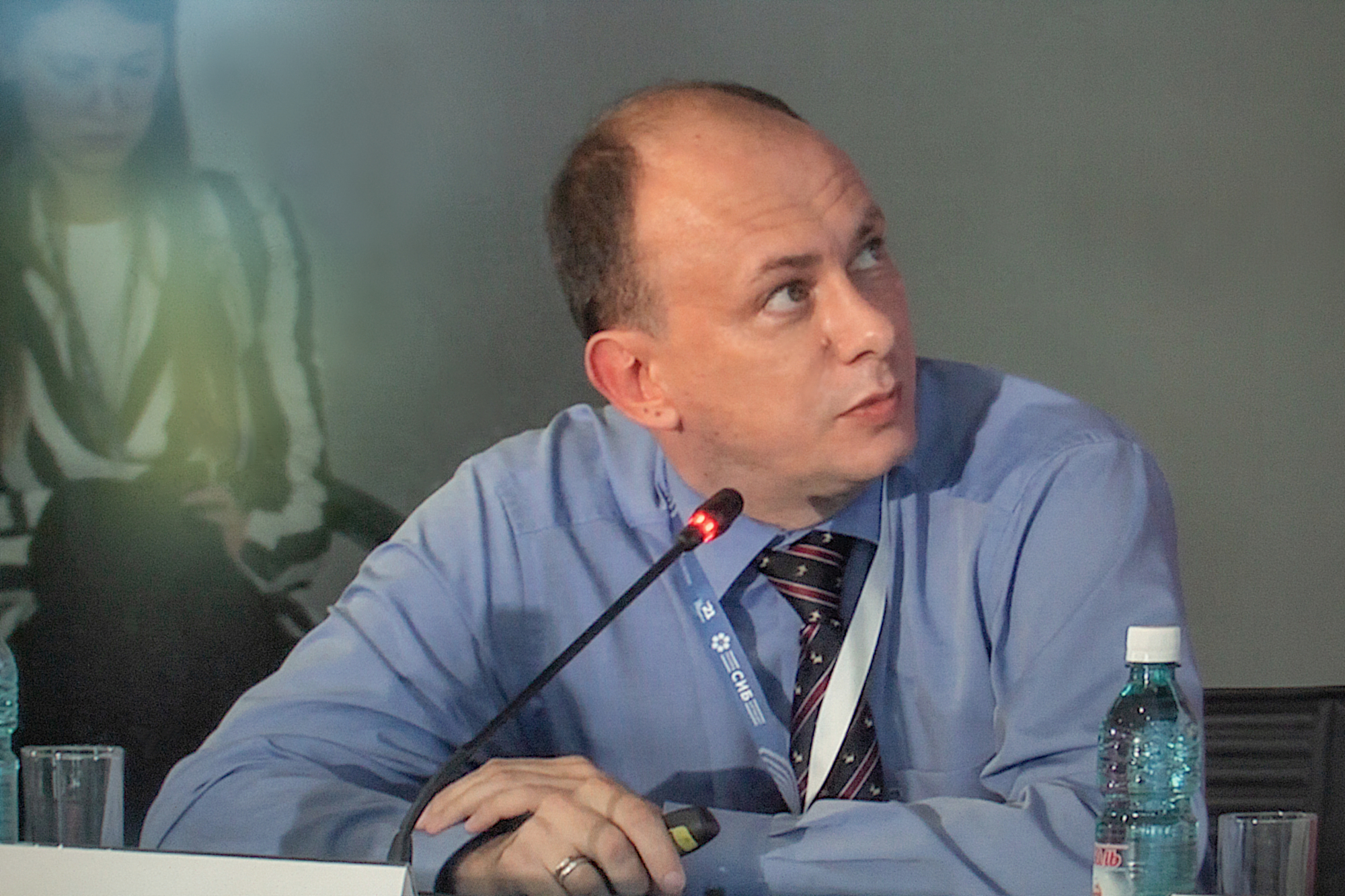
Boreskov Institute of Catalysis was founded in 1958 as a part of the Siberian Branch of the Russian Academy of Sciences. The founder and the first Director of the Institute till 1984 was academician Georgii Konstantinovich Boreskov.

One of the main activity areas of the Boreskov Institute of Catalysis is fundamental investigations in catalytic science to discover new principles of chemical reactions and to create innovative catalytic compositions and technologies.
Read more...

Boreskov Institute of Catalysis pays great attention to the training of young scientists. Each year more than 100 students and post-graduates are being trained at its research and educational facilities. The Institute collaborates with many educational organizations, including:
Read more...

For more than half a century, the Boreskov Institute of Catalysis is at a cutting edge of innovative R&D for chemical and petrochemical industries, energy power, environmental protection.
Read more...
30 August 2021
Hydrogen technologies are an absolute trend of development of today’s science and energetics. The hydrogen energetics is considered to be one of the priorities of the technological development of Russia. It is intended to contribute into decarbonizing of the global economy and thus eliminate the anthropogenic influence on the climate change.
The hydrogen technologies are actively used in economics and have great potential for widening the areas of their use by both industrial giants and relatively small technological enterprises. Many research organizations, in turn, work on the development of new and improvement of existing technologies of obtaining, storage, and use of hydrogen. The importance of the complex and efficient development of hydrogen technologies in Russia drew great attention to this subject at the VIII International Forum of Technological Development Technoprom-2021.
On August, 25, the session “Technological priorities for hydrogen energy development in the Russian Federation in field No.7 “Hydrogen projects” was held, attended by Academician Valerii BUKHTIYAROV, director of Boreskov Institute of Catalysis, and Dr. Aleksey VEDYAGIN, deputy director for science.

According to Dr. Vedyagin, Boreskov Institute of Catalysis develops a complex approach to the hydrogen research.
“Technologies concerning obtaining, storage, and transportation of hydrogen are linked to each other. We are committed to the complex approach and develop the processes with the use of catalysts that would allow obtaining, fixation and storage of hydrogen”, he said.
Aleksey Vedyagin provided an example of three directions in the area of hydrogen energetics considered by the researchers in the Institute.
The first is the systems for storage and local autonomous obtaining of hydrogen with the use of sodium borane. This technology is well developed, as the pilot samples of the reactors with various capacities are made. An advantage of this technology is the possibility to obtain hydrogen at the ambient temperature, in particular, in the Arctic.
The second direction is photocatalytic obtaining of hydrogen commensurable with electrolysis in its ecological performance. Hydrogen is obtained either with decomposition of water with the use of solar energy and photocatalysts or with the use of organic donors of electrons, i.e. sugars, ethanol, glycerin, formic acid. Thus obtained hydrogen is the “greenest”, since the processes are based completely on the renewable energy sources – sunlight, water, and organics.
The third direction is catalytic pyrolysis of hydrocarbons with obtaining hydrogen and carbon. This method allows using both natural and associated petroleum gases. In spite of that the synthesis produces carbon the accumulation of which is not quite environmentally friendly, the researchers of the Institute found a solution. They obtain the market product of carbon – nanofiber carbon materials of targeted morphology types that can find their use in various areas, for example, for improvement of characteristics of construction materials, in particular, strengthening of cement and concrete, in composite materials, including those based on polymers or ceramics, within the composition of drill fluids as well as for obtaining graphene-like materials.
The session “Technological priorities for hydrogen energy development in the Russian Federation in field No.7 “Hydrogen projects” discussed the importance of development of the so-called competence centers – technology clusters intended for providing complex development of hydrogen technologies in Russia. The participants of the discussion noted that the competence centers can be organized on the technology principle, but it is also important to perform the educational function of such centers. Director of BIC Valerii Bukhtiyarov talked about the need for interaction of the educational, research and technological companies, and noted the importance of development of the domestic technologies.
“A circle of the companies and organizations involved with hydrogen is huge. Indeed, we must pay attention to the international agenda, but first of all we must make our own technologies for the development of hydrogen field”, he summarized.

On August 26, at the technological forsight-session “Hydrogen fuel and fuel elements as promising energy sourses” Dr. Pavel SNYTNIKOV, Head of Department of Heterogeneous Catalysis of Boreskov Institute of Catalysis told in detail about the catalytic technologies developed in BIC. In particular, he talked about the technology of conversion of liquid ortho-hydrogen into para-hydrogen, which provides prolonged cryogenic storage of hydrogen, about the development of concept of hydrogen filling stations, about the technology of synthesis of “green ammonia” obtained by electrolysis from the renewable energy sources as a hydrogen source, about the technologies of obtaining hydrogen from various hydrocarbon sources, alcohols, and ethers “at the premises”, i.e., immediately at the sites of hydrogen consumption. It should be noted that such approach already allows involving the developed infrastructure for supply of customary hydrocarbon fuel. And if such substances are synthesized from hydrogen obtained by using the renewable energy sources simultaneously with the use of carbon dioxide trapped in atmosphere, then with recycling of hydrogen it would also be considered “green”, and the technology in general would be carbon-neutral.
“Our energy system is based on the fossil fuel, but there is a tendency for increasing the share of the renewable generation sources. The subject of hydrogen is dedicated to the problem of sustainable development of energy systems as well as energy storage – we should remember that hydrogen is an energy carrier that allows storing energy from the renewable energy sources, and the catalytic technologies are intended to make the storage, transportation, and utilization of this energy carrier more convenient and safe”, — noted the scientist.
